Uganda Premier League Reforms Promise Redistribution of Income: But Big Clubs See Financial Sabotage
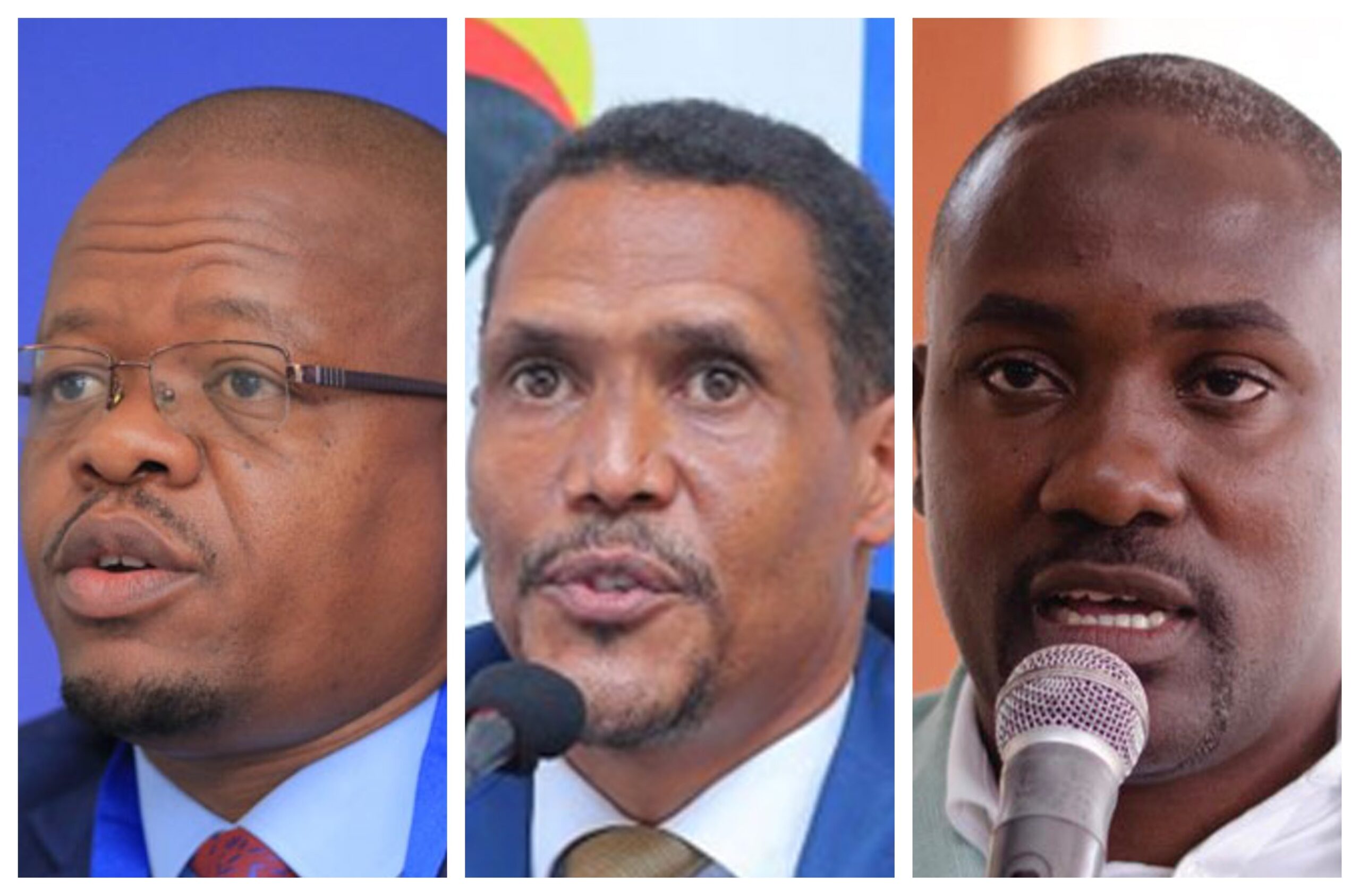
When the Federation of Uganda Football Associations (FUFA) unveiled Circular No. 1202 on August 20, 2025, all eyes were on the numbers.
For the first time in years, FUFA promised to inject UGX 500 million in prize money into the StarTimes Uganda Premier League (UPL).
This would be alongside a new gate revenue-sharing formula that would see both FUFA and the league secretariat take a fixed cut of match-day earnings.
Currently, prize money in the UPL is relatively modest, with the champion receiving about UGX 60 million at the end of the season.
The runner-up receives roughly UGX20 million, while third place gets just under UGX10 million.
The amounts then decline sharply down the table, with mid-table sides collecting only a few million shillings.
Bottom-placed teams can take home as little as UGX500,000.
Yet instead of celebration, the announcement has triggered unprecedented backlash from clubs.
They argue that the reforms will drain their coffers, complicate their operations, and strip them of control over their biggest revenue streams.
At the heart of the storm is FUFA’s plan to redesign how money flows through the league.
Prize money will be spread across three phases of competition, with the eventual champion receiving UGX 100 million over the season.
Teams at the bottom would get an increase, but still as little as UGX 1 million.
On match days, home teams will no longer keep the bulk of their takings.
In a single-header fixture, they will retain 85% of net post-tax revenue and operational costs, while FUFA, UPL, and the winning team each get 5%.
In a double-header staged at one venue, the pot will be sliced even thinner.
Both home teams take 35% each, the away teams receive 5% apiece, and FUFA, UPL, and the winners also claim their shares.
FUFA argues that the new system will make football more transparent by curbing gate fraud and ensuring equitable distribution across the league.
But for many clubs, particularly the traditional giants who attract the biggest crowds, the reforms are nothing short of financial sabotage.
Clubs push back
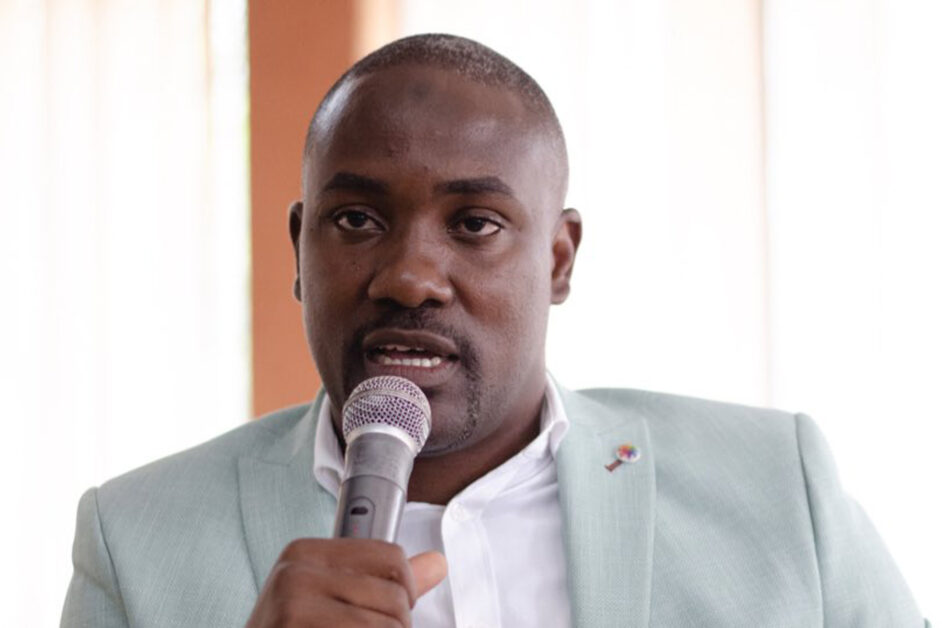
Arch-rivals Vipers SC and SC Villa issued a rare joint statement rejecting the reforms as “ill-conceived, undemocratic, and an existential threat to football.”
They argued that the revenue-sharing model unfairly penalises clubs with strong fan bases by siphoning away income that sustains their budgets.
Villa and Vipers also aimed at FUFA’s wider proposals, including a three-phase league format and new compliance rules.
They accused the federation of imposing changes without consultation.
At KCCA FC, officials stopped short of outright rejection but questioned FUFA’s priorities.
Vice chairman Aggrey Ashaba said clubs are not opposed to reforms but want investments that tackle structural issues.
“What clubs want is increased prize money, proper governance, and investment in stadiums. We don’t need abrupt changes in league format.”
Elsewhere, Wakiso Giants branded the reforms “unfair and rushed,” while Bright Stars argued that complicating the league format would lock out young players and deny regional fans competitive football.
Proline director Mujib Kasule warned against emotional rejection but urged clubs to stand united in negotiations.
“We must not just reject these reforms in anger; we need to sit together and speak with one voice. That is how we will protect the game.”
The mechanics of the reforms
The reforms stretch beyond finances. FUFA wants the 16-team league to be played in three distinct rounds.
The first round will be a one-leg league, with home and away fixtures determined by a draw.
After this, the top eight teams will move into an elite group while the bottom eight fall into a second group.
In the second round, both groups will play a full home-and-away league.
The best six from the top group will then qualify for the championship round, while the bottom two finish in seventh and eighth place.
From the lower group, the best two will conclude their season in ninth and tenth place, while the rest enter a relegation group.
The final round will decide the champion, European play-off style, as well as which clubs drop to the second division.
FUFA has also introduced a controversial registration rule requiring clubs to sign players to contracts of at least two years.
The only exception is for players who turn 31 during the season.
In addition, all clubs will be required to use Catapult tracking vests in every match and to submit sporting and financial data within 48 hours.
Failure to comply will trigger disciplinary measures.
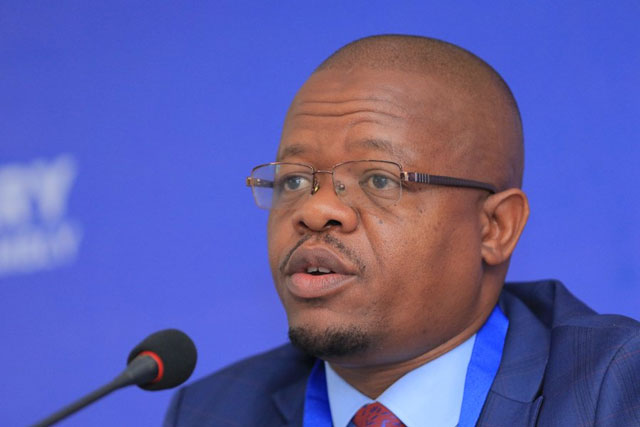
Business implications
The reforms have stirred concern not just because they alter competition structures but because they hit the financial core of Ugandan football.
For sponsors, the biggest worry is uncertainty.
A three-phase league with shifting groups risks confusing fans and reducing the consistency of marquee fixtures.
A marketing executive who has worked with several UPL clubs put it bluntly: “If fans don’t understand the format, they won’t engage consistently. For sponsors, that’s a nightmare.”
For clubs, the redistribution of match-day revenue is the sorest point.
Clubs like Villa, KCCA, and Express often generate millions from gate collections, which pay salaries and operational costs.
Under FUFA’s new model, much of that income will now be shared.
Smaller clubs welcome the redistribution as a lifeline, but the bigger ones argue it punishes success.
They also argue that it could discourage small clubs from investing in growing their fan bases.
The compliance rules also present hidden costs.
Purchasing Catapult technology and employing staff to manage and report data is an expense many teams cannot afford.
Legal experts have also questioned the privacy and labour rights implications of mandating the collection of biometric and financial data.
The two-year contract rule further complicates matters.
While it may protect player value and discourage opportunistic short-term deals, many clubs lack the resources to guarantee long-term contracts.
That, in turn, could reduce opportunities for younger players, as clubs may shy away from risks they cannot sustain financially.
Lessons from elsewhere
FUFA’s approach borrows ideas from European leagues such as Belgium’s Pro League, which splits into groups after the initial round.
It also echoes experiments once tried in Kenya.
In Africa, the more successful leagues, including South Africa’s PSL and Tanzania’s NBC Premier League, have stayed with straightforward home-and-away formats that are easy for fans and broadcasters to follow.
Local analysts argue Uganda’s real challenges lie in governance, infrastructure, and marketing, not competition format.
“The problem is not the format. The problem is funding, governance, and marketing. Changing the league structure without solving those issues is like painting a cracked wall,” says sports administrator Ivan Kakembo.
The stakes
For FUFA, the changes will enhance competitiveness, curb fraud, and attract sponsors by presenting the UPL as a modern product.
By controlling fixtures and revenues, FUFA hopes to improve financial discipline across the league.
But the backlash from clubs has escalated into a legitimacy crisis.
Demands for suspension of the reforms and calls for an emergency forum forced FUFA to schedule a consultative meeting.
If the federation pushes ahead without consensus, it risks triggering boycotts or legal action.
If it retreats, it may be accused of indecision. Either way, the standoff has exposed deep mistrust between FUFA and its member clubs.
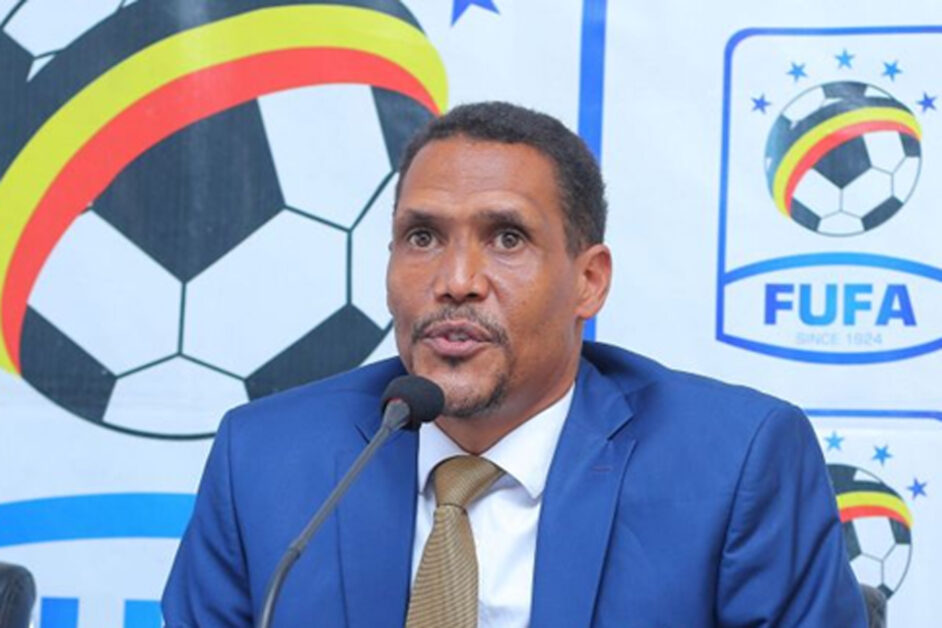
Winners and losers
The smaller clubs stand to gain most from the reforms, particularly from the new gate-sharing model and expanded visibility in group stages.
FUFA and the UPL also benefit from greater control over finances and data.
Fans of regional clubs may see more competitive football in mid-table and relegation battles.
Yet the list of losers could be longer. The big clubs face reduced financial autonomy, while players may find themselves locked into contracts that limit mobility.
Fans risk disengagement if the league becomes too complex, and sponsors may cut back if uncertainty reduces value.
A reform too far?
FUFA’s Circular 1202 arrives at a time when Uganda’s football should be building on the momentum of CHAN 2024.
Instead, the debate has shifted inward, consumed by disputes over governance, finance, and trust.
What FUFA framed as a roadmap to sustainability has instead become a referendum on its leadership style.
Clubs say they were sidelined, sponsors are nervous, and fans are bewildered.
Whether the reforms are modified or enforced, the controversy underscores a broader truth: In football, as in business, consultation is as important as vision.
Share this content:
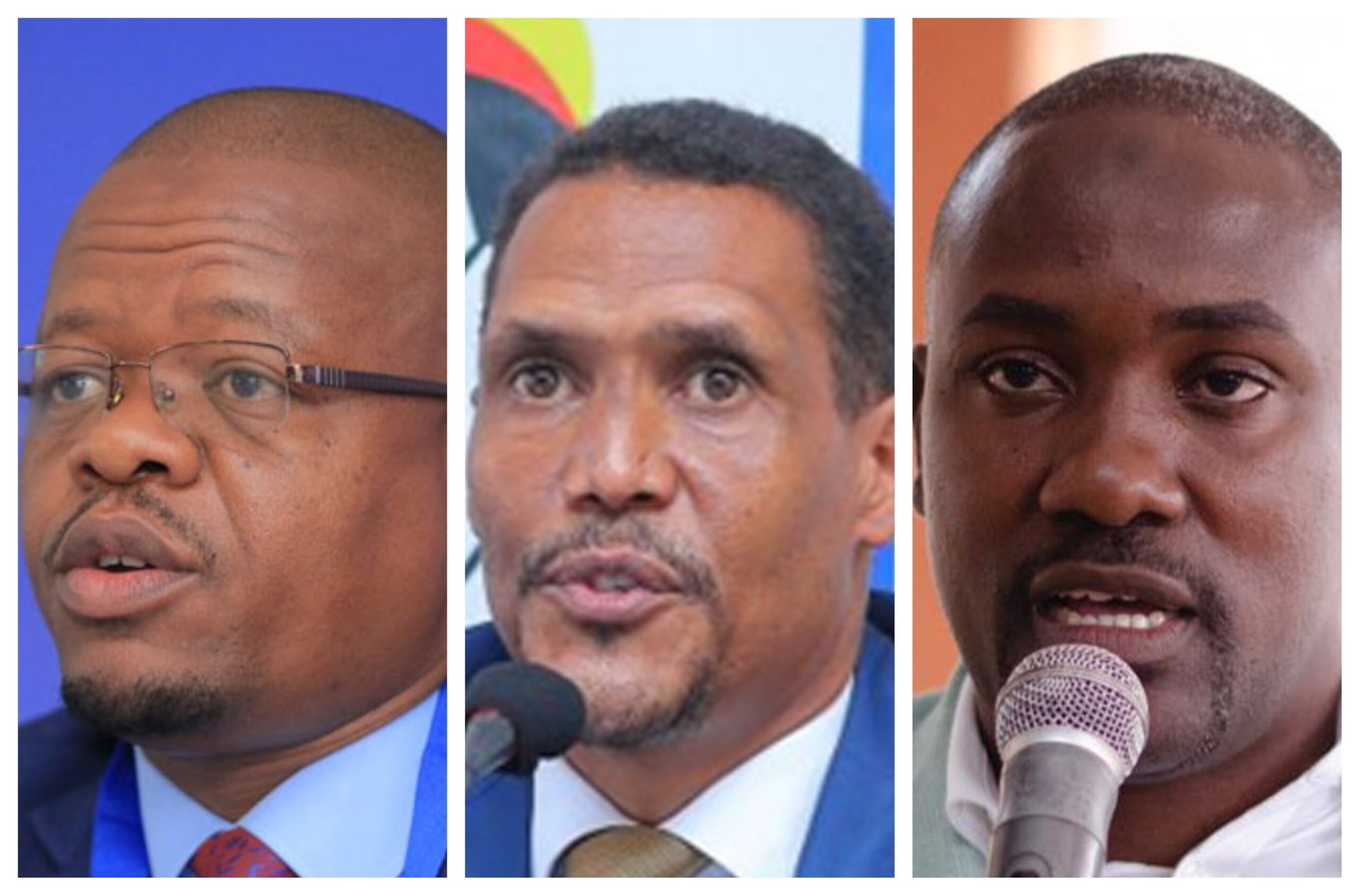
 URA Expands EFRIS Compliance to 12 New Sectors in Sweeping Tax Digitisation Move
URA Expands EFRIS Compliance to 12 New Sectors in Sweeping Tax Digitisation Move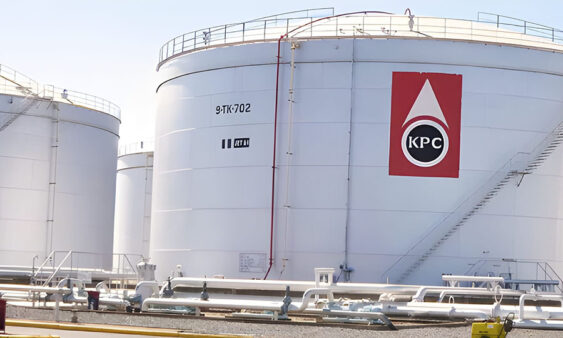







Post Comment